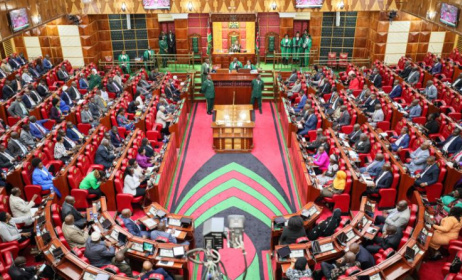Uganda launches National Intellectual Property Policy
Ugandan President Yoweri Museveni recently launched the National Intellectual Property Policy (NIPP), which is aimed to accelerate growth in the creative, scientific and industrial sectors.
 Ugandan President Yoweri Museveni.
Ugandan President Yoweri Museveni.
The launch of the policy took place at State House in Entebbe on 23 September. The event was attended by Minister of Justice and Constitutional Affairs Ephraim Kamuntu, registrar-general Bemanya Twebaze and stakeholders from different departments and agencies involved in the intellectual property (IP) value chain.
The new policy was approved by cabinet in May 2019 and is intended to generate effective and beneficial linkages between national and international IP systems as well as set a policy direction in regional and international relations in respect of IP.
While the long-term goal of the policy is to exploit IP rights for accelerated creativity and innovation for social, cultural and economic development in the country, it also seeks to facilitate a more active and comprehensive promotion of IP awareness through short training programmes.
"The NRM [National Resistance Movement] government continues to support all innovations aimed at increasing the profitability of Ugandans engaged in various enterprises," Museveni said.
"The National Intellectual Property Policy will give innovators the full protection of the law through patents, copyright, trademarks, etc. This will enable these innovators to earn their rightful recognition and financial returns for their toil and sweat. Therefore, it is crucial that individuals or groups are rewarded for their innovations."
Twebaze said: "The policy protects the creative works of artists like songs, paintings, literary writings, etc. For many years, African literature was mainly oral and was passed on from generation to generation through storytelling, songs, chants, etc. This is a significant achievement, which will encourage the development of talent and reward the hard work of dedicated individuals in the entertainment industry."
For the creative sector, IP includes inventions, discoveries, trade secrets, processes, programmes, data, patents, copyrights, trademarks and designs, among others. These commonly make part of the works of musicians, poets and writers.



































Comments
Log in or register to post comments